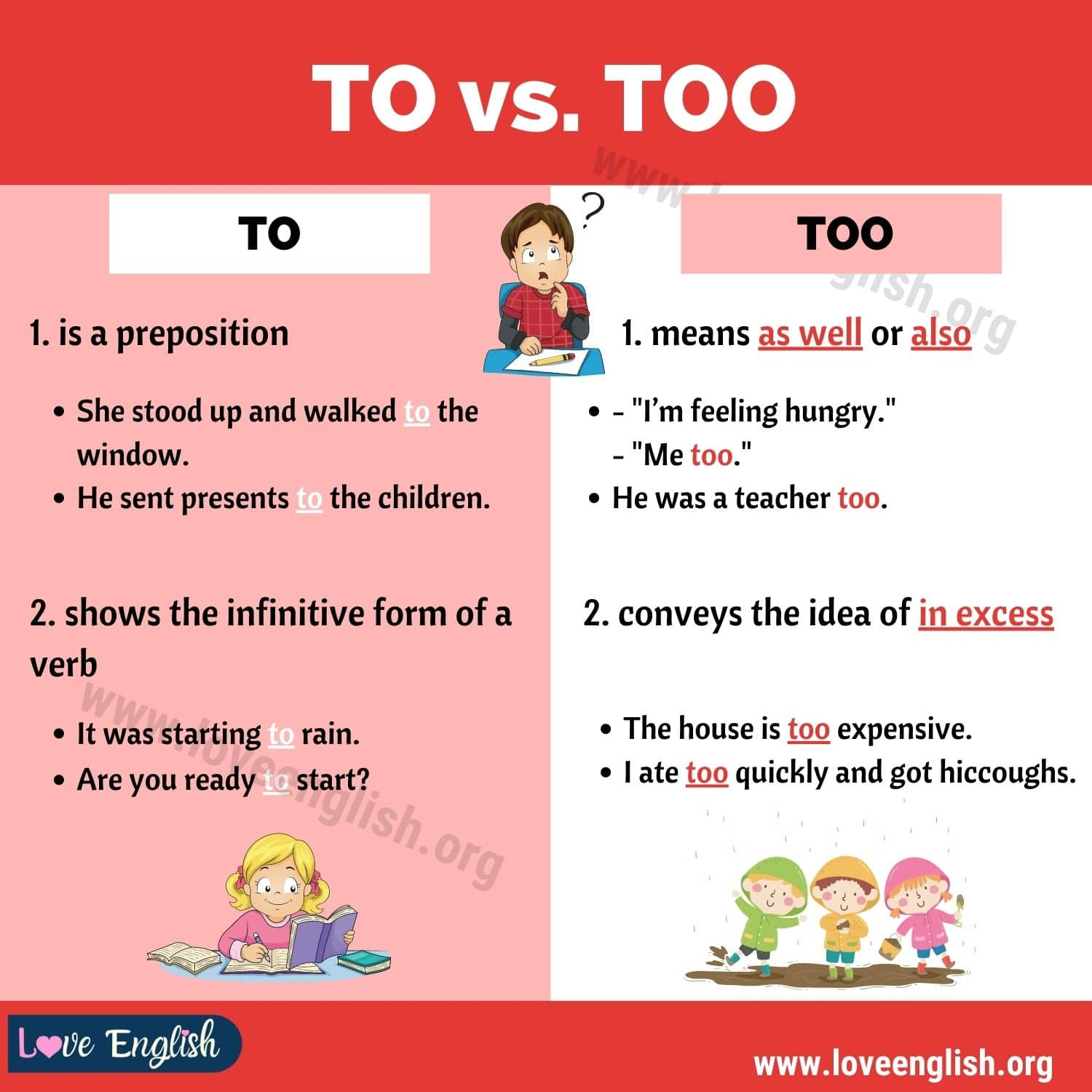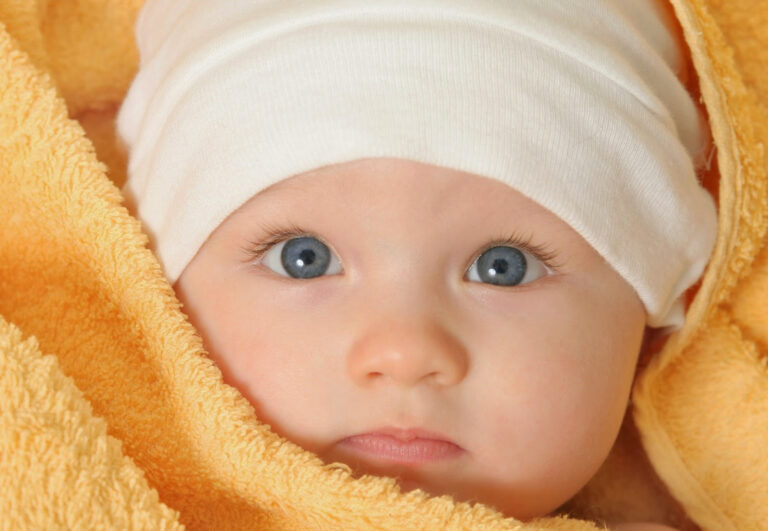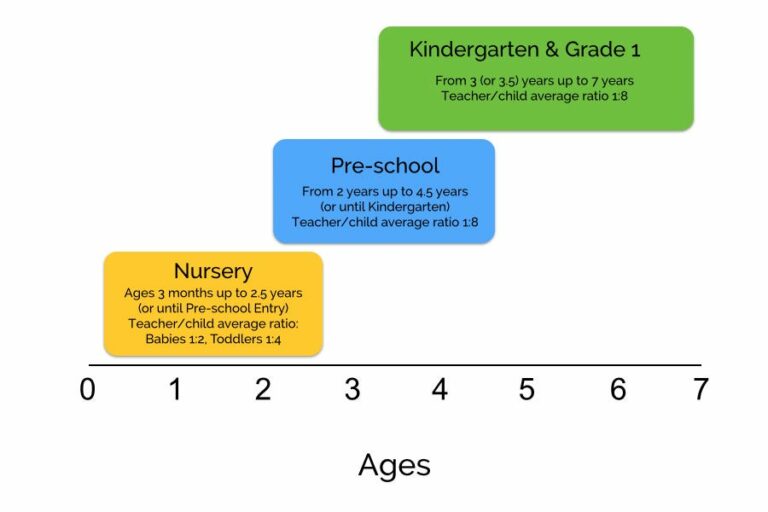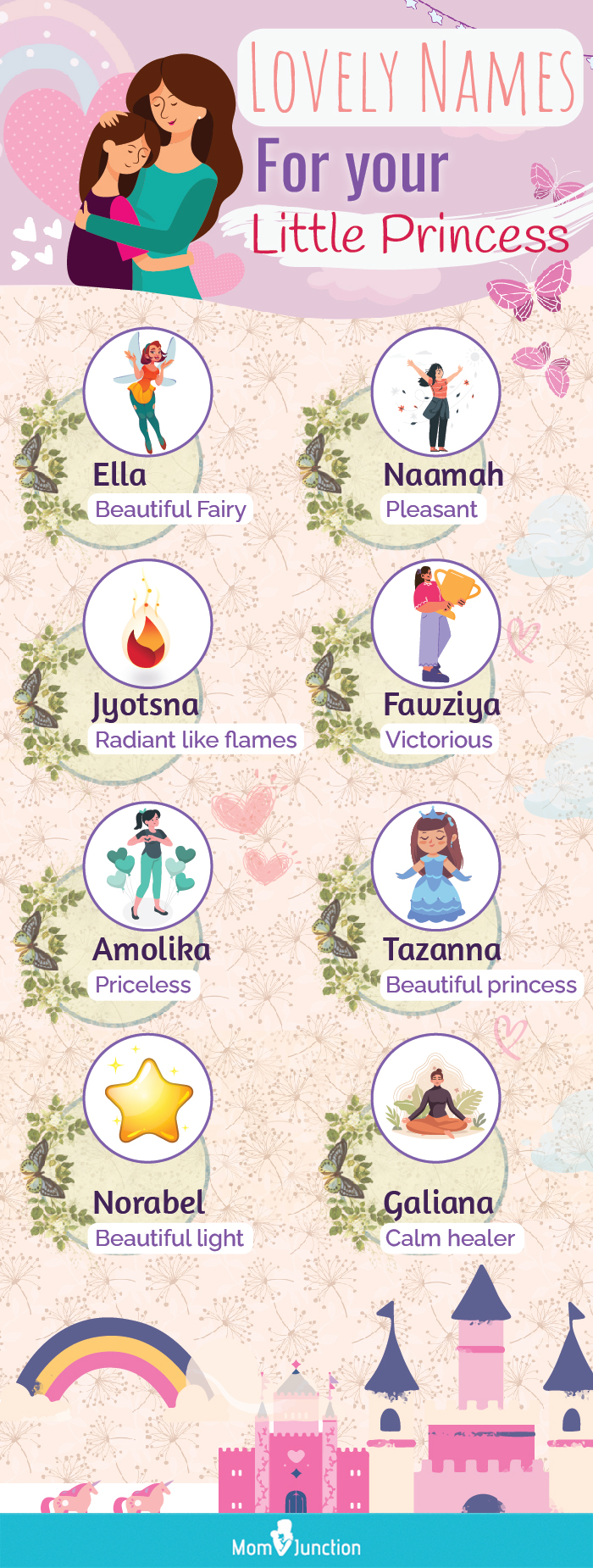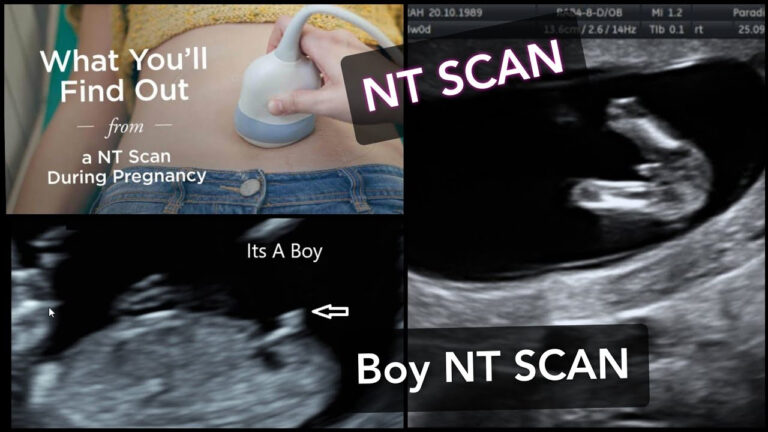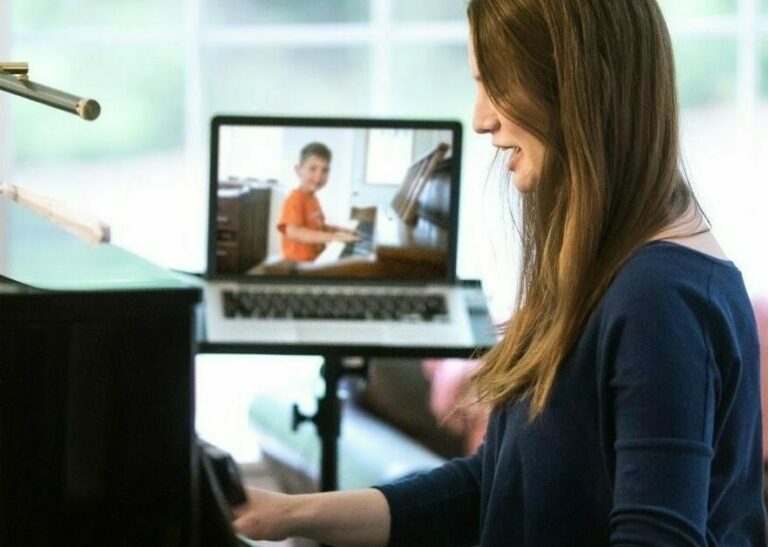When Is Too Old To Have A Baby: A Comprehensive Guide
Are you considering starting a family but wondering if you may be too old to have a baby? This is a common concern for many individuals, as the optimal age for childbearing can vary based on personal circumstances and medical factors. In this article, we will explore the topic of when is too old to have a baby, providing you with valuable information to make an informed decision. Let’s delve into this important discussion.
Knowledge
When it comes to determining when is too old to have a baby, there are several key factors to consider. One of the primary considerations is a woman’s age, as fertility declines with age. Women are born with a set number of eggs, and as they age, both the quantity and quality of these eggs decrease. This can make it more challenging to conceive and increase the risk of miscarriage and genetic abnormalities in the offspring.
Women are most fertile in their 20s and early 30s, with a gradual decline in fertility starting around the age of 35. By the age of 40, the chances of conceiving naturally each month are significantly reduced. While it is still possible to conceive in your 40s and even 50s with the help of assisted reproductive technologies such as in vitro fertilization (IVF), the success rates may be lower, and the risks may be higher.
It’s important to note that age can also impact male fertility. While men can continue to produce sperm throughout their lives, sperm quality and quantity may decline with age. This can affect the chances of conception and increase the risk of genetic abnormalities in the offspring. Therefore, both partners’ ages should be taken into consideration when deciding when to start a family.
Aside from fertility concerns, advancing age can also pose health risks for both the mother and the baby. Older mothers may be at a higher risk of pregnancy complications such as gestational diabetes, high blood pressure, and preterm birth. Additionally, older parents may have less energy to keep up with the demands of parenting and may face challenges in providing long-term care for their children.
Conclusion
In conclusion, the question of when is too old to have a baby is a complex one that can vary based on individual circumstances. While fertility declines with age, advances in reproductive technology have made it possible for individuals to conceive later in life. However, it’s essential to weigh the potential risks and challenges associated with advanced maternal and paternal age when considering starting a family.
Ultimately, the decision of when to have a baby is a personal one that should take into account factors such as fertility, health risks, and lifestyle considerations. Consulting with a healthcare provider or fertility specialist can provide valuable insight and guidance as you navigate this important decision. Remember, there is no one-size-fits-all answer to the question of when is too old to have a baby, so trust your instincts and make the choice that feels right for you.
